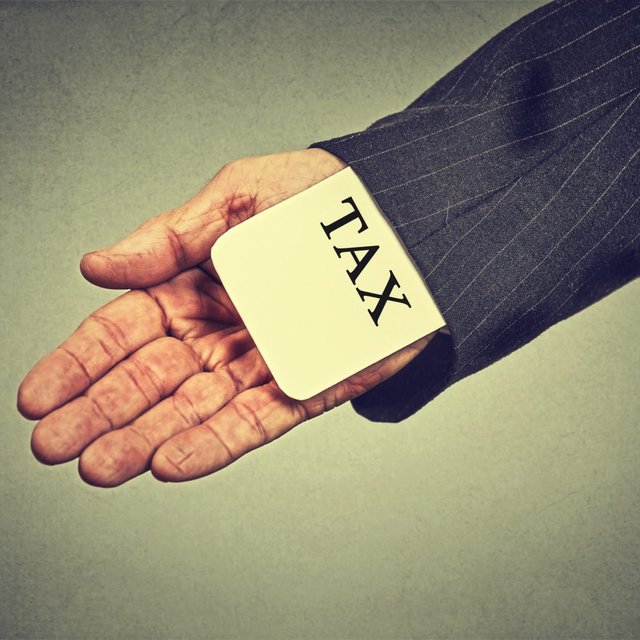
Any American bitcoin investors who were hoping to avoid paying taxes for their profits this year by trading them for altcoins are in for an unpleasant surprise. New regulations have been tailored specifically to make sure U.S. taxpayers can’t use this method to avoid giving the IRS their cut.
Bitcoin to Altcoin is Not a “Like Kind” Exchange

Until today a crafty tax attorney or accountant could have tried claiming that trading bitcoin for another cryptocurrency is not a taxable event, but U.S. authorities are now moving in fast to plug this loophole. The latest tax bill contains clarifications which make this a non-valid tax-minimizing strategy going forward.
The issue arises from the IRS categorizing bitcoin as property, which can be argued makes crypto to crypto trades “like kind” exchanges under Section 1031 of the Internal Revenue Code. The new tax bill defines “like kind” exchanges to pertain only to real estate deals. To make things as clear as possible, this means that if you trade bitcoin for tether (USDT) for example, that is a taxable event.
“Some people think, ‘I’m taking my bitcoin, which the IRS has deemed to be property, swapping it for another property and doing it for investment reasons,’ so it sounds like it could be a 1031 exchange,” Evan Fox, tax manager at New York accounting firm Berdon, told CNBC. “I think it’s a stretch.”
The Current Framework

According to the current tax framework, Americans need to self report their bitcoin trading profits and calculate their dues according to their tax brackets. Selling after holding the asset for less than a year qualifies as a short term investment and is taxed between 10% to 39.6%. Selling bitcoin after holding for over a year is qualified as a long-term investment and taxed up to 20%. Conveniently, if you traded over $20,000 with Coinbase the IRS already has your records.
“If you put money into the cryptocurrency space, and you decide to buy (an altcoin), and you one day monetize it and show up with a $2 million house, the IRS is not stupid,” Fox said. “Money doesn’t just appear out of nowhere.”
The IRS can also decide to audit someone’s tax going up to three years back and is known to use the services of Chainalysis, a blockchain analysis specialist, to hunt down bitcoin users for evading taxes.
“If a few years from now the IRS is able to decode what happened, and you made a significant amount of money in 2017 and didn’t report it, you’ll face interest and penalties that have been accruing,” Fox explained. “It might be a risk some people want to take, but there are some bad consequences if you get caught.”
Source: News Bitcoin
Thank you for citing your sources! Steemit done right!
Downvoting a post can decrease pending rewards and make it less visible. Common reasons:
Submit
No problem. I am no plagiarist. Just a news outlet! Gotta give credit to the people that put in the hard work of writing the article.
Downvoting a post can decrease pending rewards and make it less visible. Common reasons:
Submit
Hi! I am a robot. I just upvoted you! I found similar content that readers might be interested in:
http://www.xablucontracts.com/nl/tag/bitcoin-taxes/
Downvoting a post can decrease pending rewards and make it less visible. Common reasons:
Submit